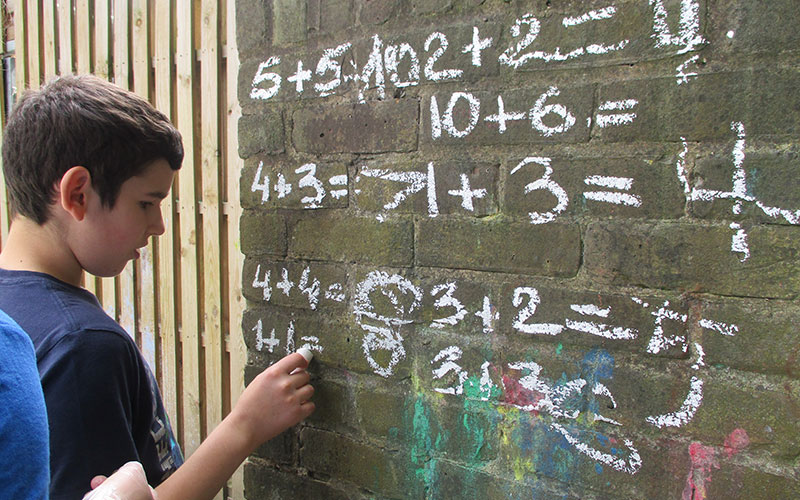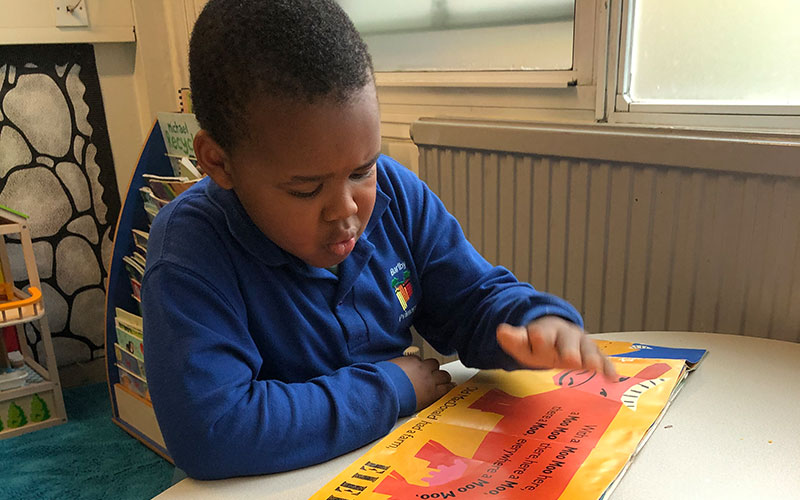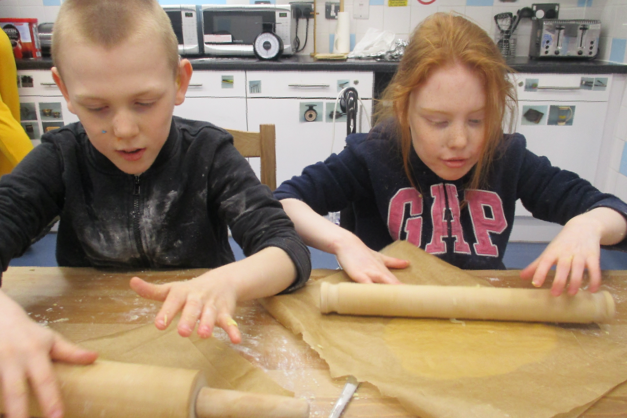Between the ages of 7-11, children begin to grasp complex vocabulary, use language more playfully and understand that words can convey multiple meanings. You may notice that children make jokes, tell entertaining stories and become more expressive; particularly in the way they articulate feelings and the way in which they interact socially.
Children at KS2 also tend to recognise when something is grammatically incorrect and develop the confidence to ask for clarification when they don’t understand. The language they form during these formative years is the foundation of the communication skills that will take them into KS3 and eventually into adulthood.






